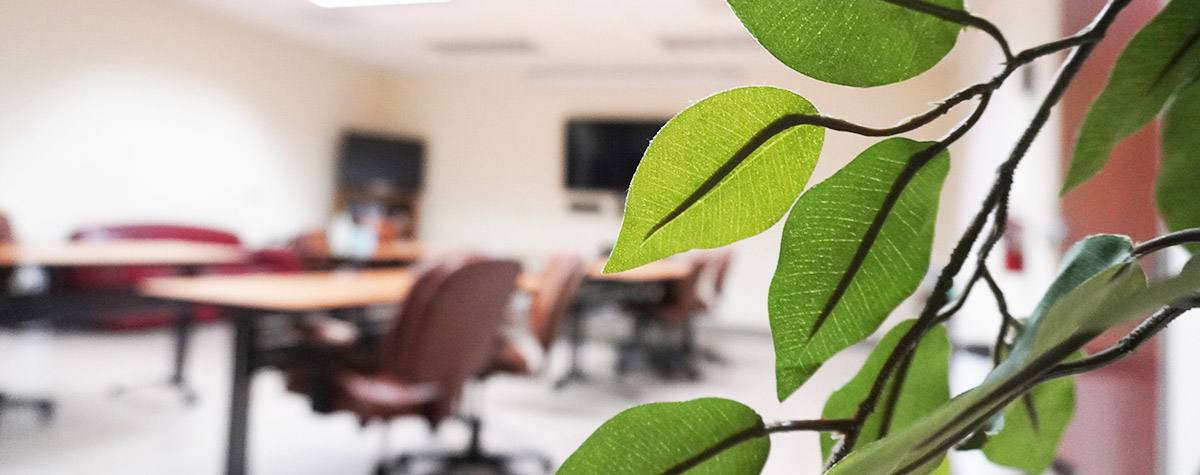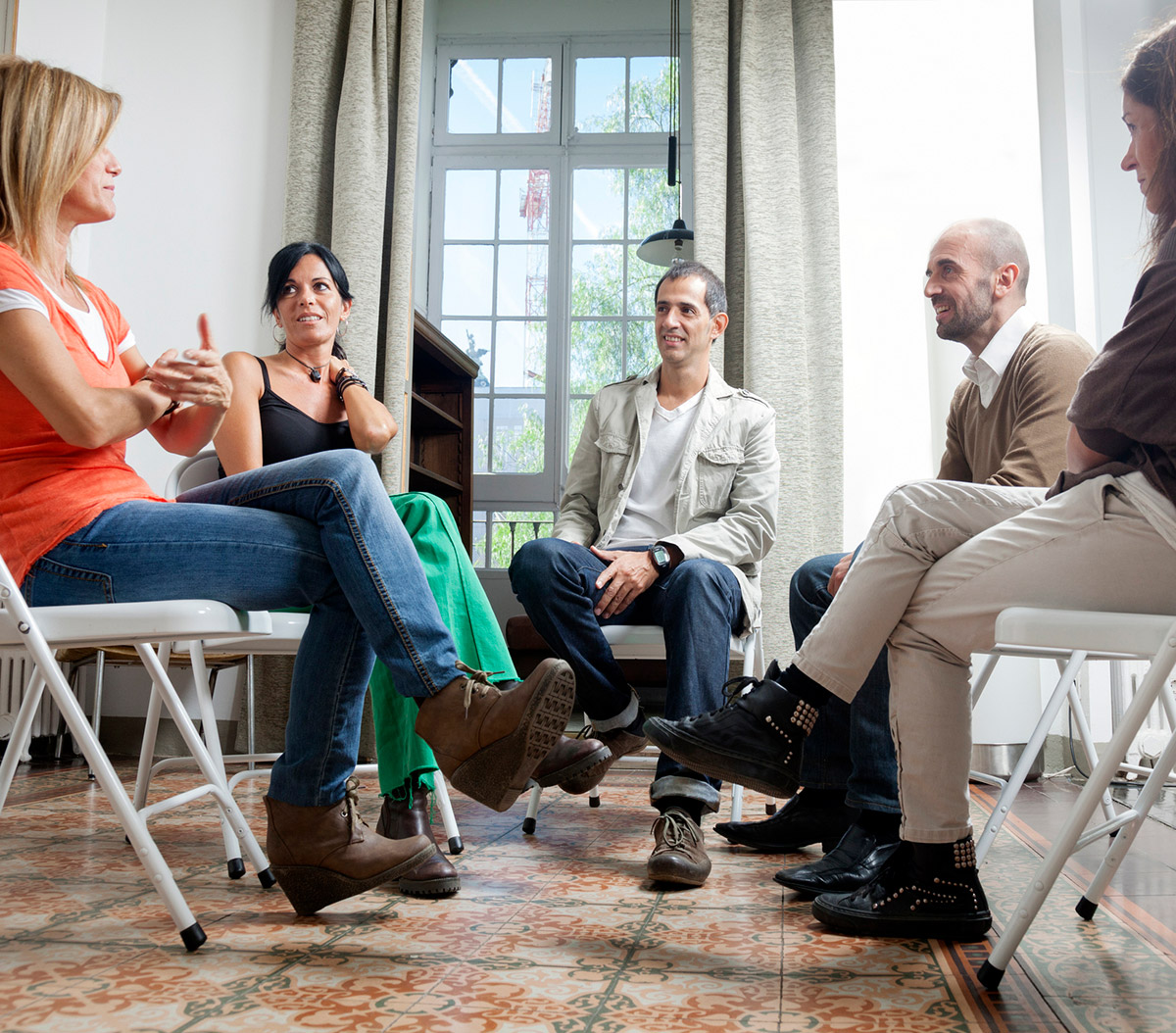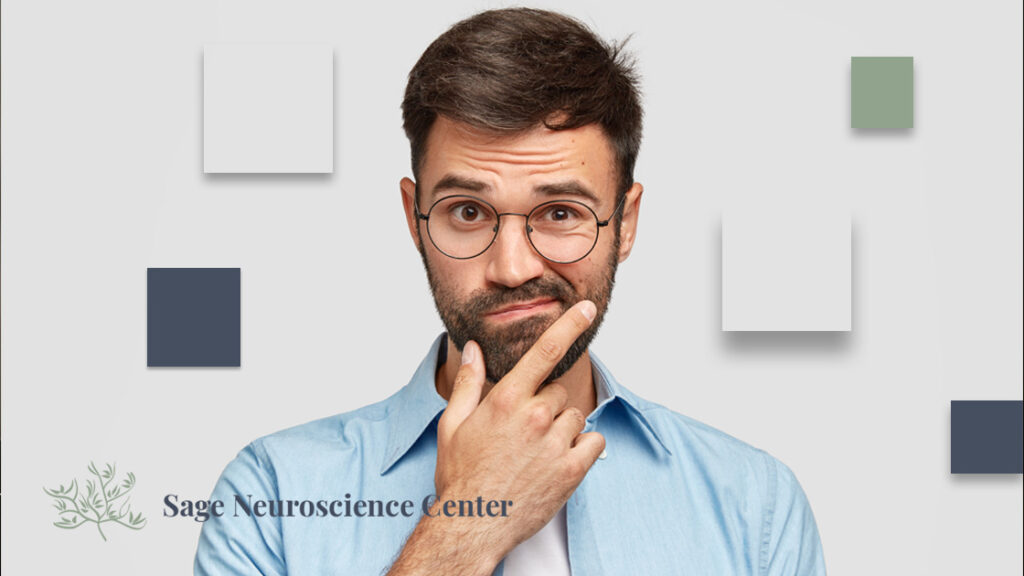Addiction Recovery Aftercare Support Group Benefits
Including an addiction recovery aftercare support group in a long-term addiction treatment plan offers lots of benefits to anyone dealing with problems with drugs and/or alcohol.
Some of the top benefits of this program are that it:
Provides a Network of Support
In an aftercare support group, you’ll make connections with others going through a similar journey. Relationships cultivated with other group members are crucial to the recovery process, with group members encouraging one another to keep on track. You’re more likely to follow through on goals if others are keeping you accountable. The group helps individuals feel less alone because they have others who understand their situation. For many people, old friends may influence you to tap into those old behaviors that lead to relapse. It’s important to have people in your life that encourage sobriety and are happy to see you thrive. In an aftercare group, you’ll also have the care and support of trained professionals, ready to help you.
Arms You With Additional Resources
Your aftercare support group should also be a source for you to find the helpful resources you need. Your aftercare plan should be structured, detailed, and may also involve individual therapy or other types of therapies, AA meetings, or medications. You may also want additional help finding extras like yoga or meditation classes, or hobby ideas like artwork or journaling. Having hobbies that keep you busy, keep you out of trouble. Your group will serve as a resource for recommendations and ideas for all of these additional therapies and services.
Keeps up With Recovery Goals
Detox and addiction treatment are short-term solutions. Ongoing aftercare helps to maintain the progress you’ve already made and move forward with the goals of initial treatment. You’re in this for the long run so it doesn’t hurt to have a little extra support along the way. In group, you can safely discuss any struggles you are experiencing, and we’ll celebrate your successes too. Who doesn’t love praise for doing an awesome job? Our care team will watch for any red flags for relapses, such as complacency or detachment during group sessions, resentments about recovery, and others. Your group facilitators will make sure to address them. We want you to thrive, and we’ll help to keep you on track and aligned with your personal recovery goals.
Builds Relationships
In aftercare group therapy, you’ll build lasting relationships with caregivers and peers that are a key component of your recovery process. You’ll also learn how to repair relationships with friends and family members that may have been damaged during your struggles with addiction. Learn how to begin building healthy relationships with new people in your life too. Clients in aftercare often feel compelled to share their experiences with others and bond with their aftercare peers. Nothing helps people bond more than vulnerability.We can help you help others by being a positive influence or even a role model.
Helps With Trigger Management
During treatment and recovery, you learn what behaviors, emotions, people, places, and situations are triggers for drug or alcohol abuse. You also learn coping mechanisms to help you deal with these triggers. After the initial treatment, the triggers can still seem overwhelming at times. Aftercare is here to help you deal with and avoid triggers and keep you on the path to recovery. Because recovery is a lifelong process, your triggers may even change over time. Aftercare group will help you address changing triggers by giving you new coping skills, as well as support and encouragement.
Helps Prevent Relapse
Unfortunately, the relapse rate for drug and alcohol addiction can be as high as 60%. Relapse is very common for people in recovery, but it can also be very dangerous. The good news is that a relapse prevention group, as in aftercare, greatly reduces the rate of relapse. Due to the ongoing support of peers and experienced therapists, clients in these programs are better able to cope with triggering situations and avoid relapsing. Aftercare can help prevent you from becoming a statistic.
Helps You Get the Most Out of Life
The path of recovery can be long and difficult. Aftercare helps you through this process, reminding you that drugs and alcohol are no longer in charge. You are in charge of your own life, and aftercare helps restore your confidence, encouraging you to live your best life according to your own desires and goals. You can lead a fulfilling life free from addiction, and keep on learning, changing, and growing. Your aftercare group family will be there with you every step of the way.
What You’ll Learn in Aftercare Support
Aftercare support group is so much more than just talking about the struggles of addiction and recovery. You’ll learn about yourself, gain skills and coping mechanisms, and enhance your whole life. Aftercare deals with important recovery issues like triggers and relapses, but it can also help with long-term health management.
We’ll work on self-esteem, mindfulness, emotion regulation, goal setting, relationship issues, healthy habits, and so much more. You’ll learn about common defense mechanisms and strategies for dealing with stress, anxiety, fears, and worries. We’ll utilize techniques like breathwork, meditation, and grounding for truly treating the whole person; both physical and mental health care. You’ll work on realistic goal setting and effective strategies for long-term recovery.






